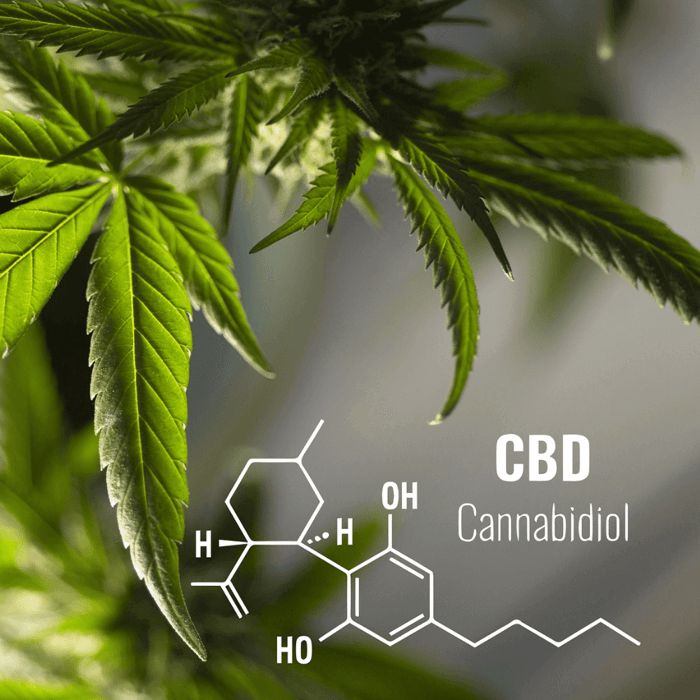It has long been the norm to categorize CBD as non-psychoactive in order to distinguish it from THC, the compound responsible for the well-known euphoria associated with marijuana consumption.
However, a more accurate description of cannabidiol (CBD) should be explored. While it is true that CBD does not induce a high, can we truly say CBD is non-psychoactive?
Is CBD Psychoactive?
To answer this question, let us delve into the definition of psychoactive substances.
A psychoactive substance refers to any chemical compound that interacts with the human nervous system, leading to alterations in mood, perception, or cognition. This term can be used interchangeably with psychotropic drugs or psychopharmaceuticals, encompassing a wide range of drugs, including those that may not typically be associated with psychotropic effects.
For instance, consider caffeine and alcohol. Are they psychoactive drugs? Both of these substances directly influence the nervous system, either by stimulating or depressing it, causing discernible shifts in mood and perception. Therefore, your morning cup of coffee or any caffeinated beverage is technically psychoactive.
CBD's Impact on the Brain
Our bodies naturally produce chemicals similar to cannabinoids, such as CBD and THC, called endocannabinoids. These endocannabinoids function as neurotransmitters, transmitting signals to receptors dispersed throughout the brain and nervous systems. The combination of these receptors and neurotransmitters forms the endocannabinoid system (ECS), which plays a vital role in regulating essential human functions like appetite, memory retention, mood, and sleep patterns.
When we consume cannabis or hemp, the cannabinoids in the plant interact with the ECS, influencing the bodily functions. Therefore, both CBD and THC can be considered psychoactive constituents of the cannabis plant. However, their mechanisms of action differ.
THC directly binds to cannabinoid receptors, mimicking endocannabinoids and sending signals directly to the brain and nervous system. In contrast, CBD does not bind as tightly to endocannabinoid receptors. Instead, it modulates the way these receptors interact with other neurotransmitters, indirectly affecting mood and perception. This is why combining CBD with THC is believed to mitigate some of THC's undesired effects, a phenomenon known as the entourage effect.
Understanding Non-Intoxicating Effects
Not all psychoactive drugs affect the brain in the same manner. Anyone with experience using both THC and CBD can attest that the practical effects of CBD differ significantly from those of THC. So, how can we accurately differentiate between these two substances?
When we refer to something as intoxicating, we imply that it impairs judgment. Typically, this term is associated with alcohol intoxication, but it can also apply to other recreational drugs such as cocaine, opiates, or THC.
Compounds like caffeine or CBD, while still technically psychoactive, only produce non-intoxicating effects. Despite interacting with the nervous system and affecting the brain, they do not hinder your ability to perform daily tasks such as working or driving.
Psychoactive, but Non-Intoxicating
While CBD does not induce a high or impair judgment, it does interact with the human nervous system and modulate many actions including mood and perception. By acknowledging its psychoactive nature and emphasizing its non-intoxicating effects, we are learning to more accurately understand CBD's therapeutic benefits.
CBD Isolate

$29.00
100% Pure CBD Extract Unlock the full potential of cannabidiol with our 100% pure CBD isolate—a crystalline powder derived from premium organic hemp flowers. This ultra-pure extract delivers the power of CBD without any THC or other compounds, offering a… read more

